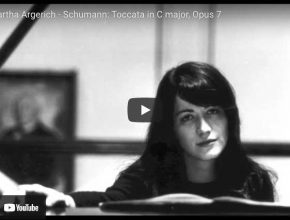
Piano




Dvorak – Quintet No. 2 – Wang, Soloists of Berliner Philharmoniker
Antonín Dvořák’s Piano Quintet No. 2 in A Major is a quintet for piano, 2 violins, viola, and cello. It was composed between August 18 and October 8, 1887, and was premiered in Prague on January 6, 1888.





